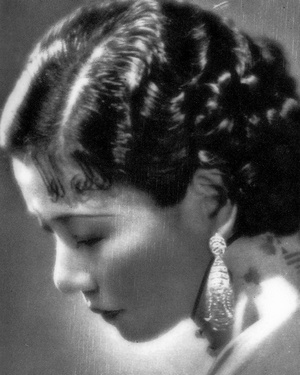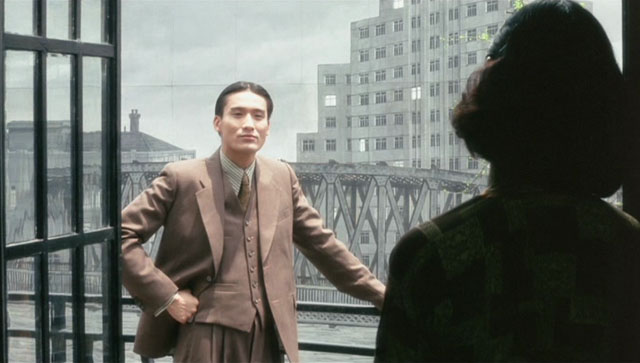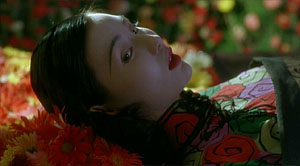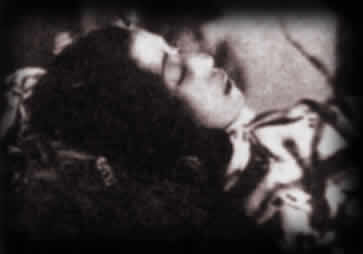Written in May 2021 for Il Cinema Ritrovato’s July catalog. — J.R.
RUAN LINYU
Traditionally, history in China is something that belongs only to the emperor (or to his latter-day near-equivalents, such as Mao). So it isn’t surprising that a yearning for a lost past can be felt in much of Chinese art cinema, whether it comes from Taipei (City of Sadness), Shanghai (Spring in a Small Town), Hong Kong (In the Mood for Love), or Beijing (Farewell My Concubine). And even though cinema offers us an imperfect means of capturing and preserving part of that past, few film subjects are more fragmentary yet fragrantly suggestive than that of silent star Ruan Lingyu, the glamorous working-class “Chinese Garbo” who committed suicide before reaching her 25thbirthday, and whose funeral drew a larger crowd than Valentino’s.
Director/cowriter Stanley Kwan, who worships female stars and is mesmerized by the ways they view themselves as much as George Cukor was in Sylvia Scarlett, Camille, A Star is Born, It Should Happen To You, and Bhowani Junction, confronts our incomplete grasp of Ruan by creatively miscasting comic action star Maggie Cheung (as a last-minute replacement for Anita Mui) in the title role, by enlisting film historian Peggy Chiao to collaborate on his script, and by combining biopic fiction with exploratory documentary.(Cheung won the top actress prize in Berlin, thus launching and redirecting the second half of her career in such art films as Irma Vep and In the Mood for Love.) Kwan includes surviving clips of Ruan as well as speculative recreations of certain lost films, creating Brechtian gaps that viewers are Invited to fill with their imaginations and thoughts. In contrast to Hollywood’s preference for a bite-sized, manageable past, this interactive masterpiece, like Richard Linklater’s equally neglected The Newton Boys, offers us an infinite, mysterious, voluptuous past to roam around in and get lost in, laced with both unanswerable questions (Why did Ruan Lingyu commit suicide? What do some of her lost films look like?) and many exquisite clues and hints proffered along the way.
–Jonathan Rosenbaum





